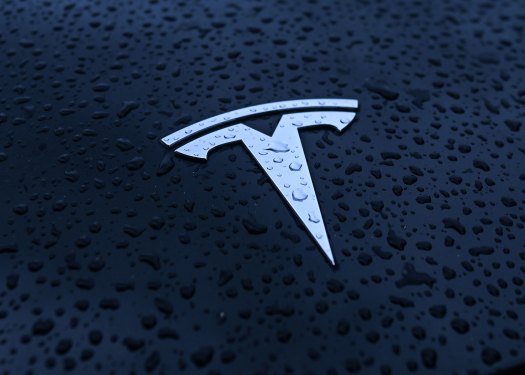Tesla has asked a judge to throw out the $243 million verdict against the company in a lawsuit involving its Autopilot system, or to allow a new trial to occur, according to a new court filing. The company’s lawyers argue that the verdict, which a jury made earlier this month, defies basic Florida tort law, the Due Process Clause, and common sense. This latest filing by Tesla lawyers attempts to place all of the blame on the driver, George McGee, who was found to have helped cause the crash. The jury in the case ultimately decided that the driver deserved two-thirds of the blame and attributed one-third to Tesla.
The high-profile case centered around a 2019 crash in Florida. McGee was driving a Tesla Model S at night and using the company’s Autopilot driver assistance system. This is a less capable system than the more fully featured Full Self-Driving (Supervised) software. Both systems require the driver to keep their hands on the wheel. As he approached a perpendicularly parked SUV, neither McGee nor the Autopilot system applied the brakes. McGee’s car blew a stop sign and hit the SUV, killing 20-year-old Naibel Benavides Leon and severely injuring her boyfriend Dillon Angulo.
McGee was sued separately and settled with the victims. It was also revealed that Tesla rejected a settlement offer of $60 million from the victims a few months before the verdict was rendered.
Tesla’s lawyers argue in the new filing that product liability law is supposed to penalize manufacturers whose cars perform in ways that dangerously defy ordinary consumers’ expectations or are unreasonably dangerous. They state that this is not such a case. They say McGee’s extraordinary recklessness was to blame, as he was reaching for his phone when the crash occurred, a fact he admitted in his own case.
Allowing the verdict to stand, they argue, would deter innovation, confound consumer expectations, and lead manufacturers to abandon safety enhancements for fear of being subjected to large punishments when a driver misuses their product.
Tesla’s lawyers also take issue with the opposing lawyers in the filing, claiming they overwhelmed the jury with a flood of highly prejudicial but irrelevant evidence about data preservation, Elon Musk, and dissimilar accidents. They wrote that the plaintiffs’ counsel ensured the trial was never actually about the 2019 Tesla Model S or the accident caused by McGee’s reckless driving.
Brett Schreiber, a lead attorney for the plaintiffs, said the motion is the latest example of Tesla and Musk’s complete disregard for the human cost of their defective technology. He stated that the jury heard all the facts and came to the right conclusion that this was a case of shared responsibility, but that does not discount the integral role Autopilot and the company’s misrepresentations of its capabilities played in the crash. Schreiber expressed confidence the court will uphold the verdict, which serves not as an indictment of the autonomous vehicle industry, but of Tesla’s reckless and unsafe development and deployment of its Autopilot system.

